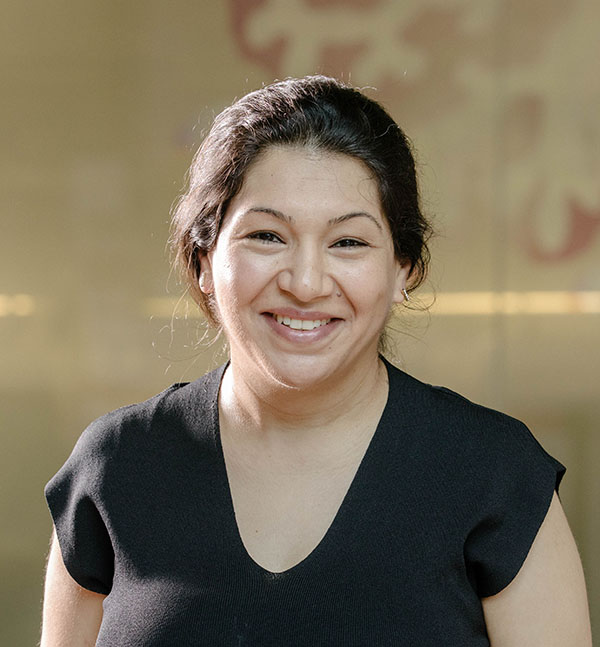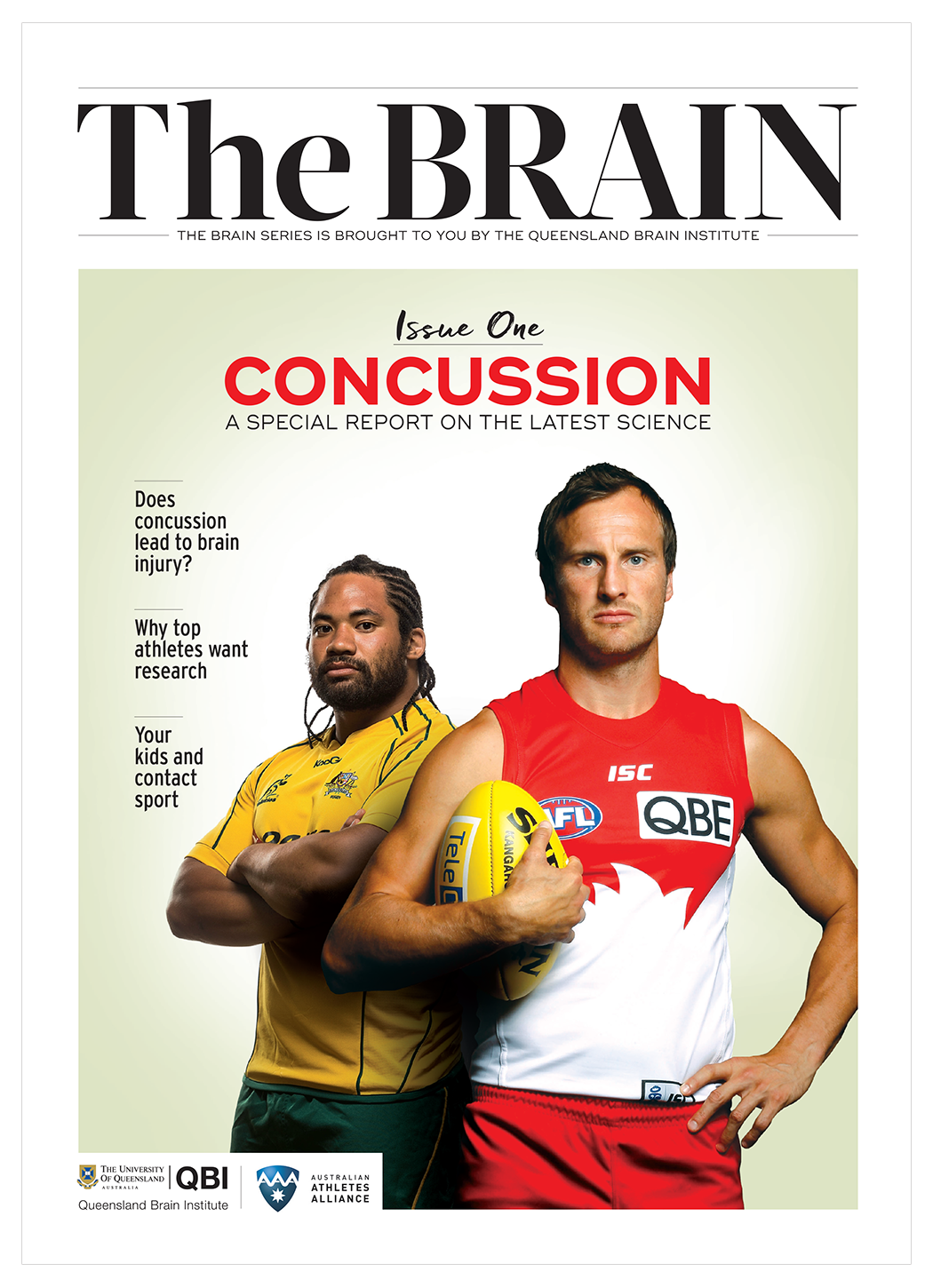A direct blow to the head, face or neck, or an impact to somewhere else on the body, can create a force that shakes the brain. When that force is strong enough, or comes from a particular direction, the brain can move so that it strikes the skull or twists upon itself, resulting in damage, otherwise known as a traumatic brain injury (TBI).
A stroke occurs when a blood vessel, which carries oxygen- and nutrient-rich blood to the brain, is either blocked (an ischaemic stroke) or bursts (a haemorrhagic stroke). Interrupting the blood supply to the brain causes neurons to die. Thanks to philanthropic support, Queensland Brain Institute (QBI) researchers are tackling the issue of stroke from multiple angles, including studying its neurological basis and answering clinical questions on post-stroke management.
Because the brain is so central to our lives, controlling mood, perception and movement, the effects of concussion and stroke can be far reaching. At QBI, researchers are working to identify biomarkers specific to the brain that can be easily monitored to distinguish when there is a brain injury or when the brain has fully recovered.
Research highlight
Associate Professor Fatima Nasrallah's lab is using advanced magnetic resonance imaging (MRI) to collect data in athletes who have suffered a mild traumatic brain injury to give certainty to when their brain has fully recovered and it is safe to resume play.
Find out how athletes are helping QBI to tackle concussion head on.
Hear from our researchers
Associate Professor Fatima Nasrallah, Group Leader
 “Traumatic brain injury (TBI) is often considered the most complex disease in our most complex organ. This is because the pattern of damage and the eventual outcomes are extremely variable across patients and despite advances in care, we are very far from linking the particular characteristics of a TBI to the best treatment and outcome. Using advanced MRI and biomarkers, I study how the brain reacts to a traumatic brain injury and how this affects overall outcome in patients.
“Traumatic brain injury (TBI) is often considered the most complex disease in our most complex organ. This is because the pattern of damage and the eventual outcomes are extremely variable across patients and despite advances in care, we are very far from linking the particular characteristics of a TBI to the best treatment and outcome. Using advanced MRI and biomarkers, I study how the brain reacts to a traumatic brain injury and how this affects overall outcome in patients.
QBI brings broad expertise in research to the challenge presented by brain injury. The breadth of expertise within the Institute provides a platform whereby tackling the disease from multiple angles, from basic science to animal models of disease through to clinical cohorts, provides a comprehensive multipronged approach to tackling the healthy and diseased brain and promoting evidence-based decision making for improving patient care and management.
QBI has more than 400 researchers all working to unlock the mysteries of the brain to generate new knowledge and develop new technologies to improve lives. QBI’s portfolio streams across areas of basic science, systems biology, innovation and impact, to larger scale clinical studies providing a platform that allows integration of findings and knowledge across different research disciplines.”
Dr Xuan Vinh To, Early Career Researcher, Nasrallah Group
 “My speciality/field of study is primarily about applying different methods of imaging, looking at, or examining the brain in different diseases, conditions, development, or ageing. The current condition of interest that I am using these methods for is in TBI, but the range of conditions that I have worked on include ageing, neurodegenerative diseases, and drug effects.
“My speciality/field of study is primarily about applying different methods of imaging, looking at, or examining the brain in different diseases, conditions, development, or ageing. The current condition of interest that I am using these methods for is in TBI, but the range of conditions that I have worked on include ageing, neurodegenerative diseases, and drug effects.
I am looking to find better ways to standardise and integrate different imaging modalities, different datasets acquired from different sites, hospitals, scanners, and specifications, for creating or refining prognosis models for TBI. I hope my research will ultimately contribute, in some ways, to improving the quality of life of people living with TBI.
QBI has a great range of infrastructures and professional staff which help researchers through many day-to-day tasks so they can focus more on the actual “research” part of the work.
Linfeng Liu, PhD Student, Nasrallah Group
 "TBI is one of the major causes of morbidity and mortality across the world. A computer-aided predictive model using multi-modal data can guide clinicians to quickly make decisions in the acute phase. My research direction is to use machine learning to determine and compare the univariate and multivariate associations between neuroimaging biomarkers, blood biomarkers, clinical data and neurological outcomes in adults with moderate to severe TBI.
"TBI is one of the major causes of morbidity and mortality across the world. A computer-aided predictive model using multi-modal data can guide clinicians to quickly make decisions in the acute phase. My research direction is to use machine learning to determine and compare the univariate and multivariate associations between neuroimaging biomarkers, blood biomarkers, clinical data and neurological outcomes in adults with moderate to severe TBI.
QBI has professional researchers in the brain field and provides complete experimental equipment, and I believe we can attract some of the best researchers, with passions for brain study that together could solve practical problems that are beneficial to our society.”

